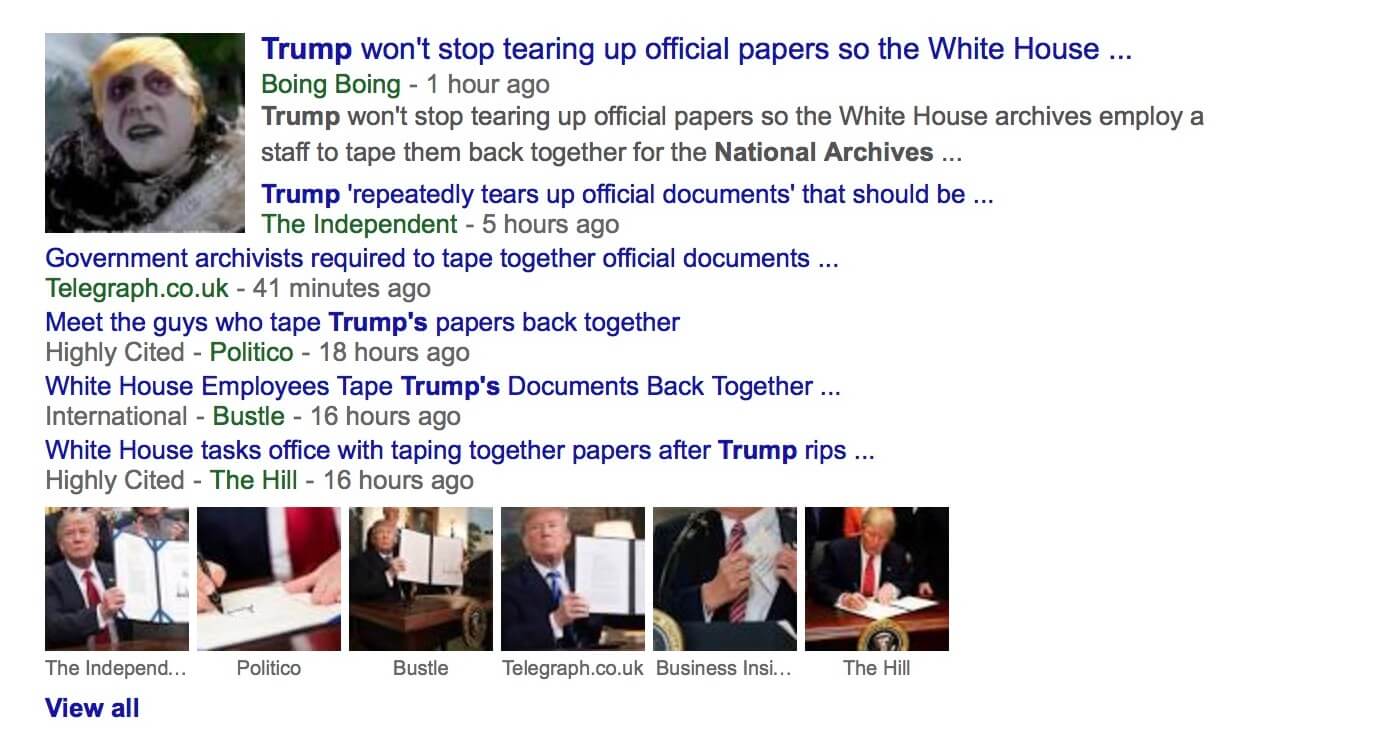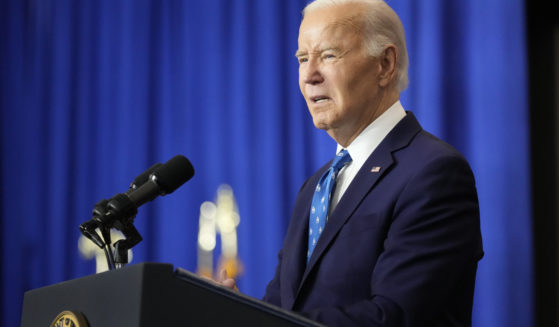Nat. Archives Stumble onto New Obama Scandal -- 'Wholesale Destruction' of Gov't Records
The archivist in charge of transferring former President Barack Obama’s records into the National Archives has run across a serious problem, according to a report published Sunday: A lot of the records are missing.
“A first-rate librarian, (David) Ferriero has been driving a much-needed digital overhaul and expansion of the National Archives over the nine years of his appointment,” writer Thomas Lipscomb reported for RealClearPolitics. “This will greatly improve the ability of digital search locally and remotely, as well as accessing the files themselves.”
However, that only works if you have the files you need in the first place. And Ferriero, well, doesn’t.
The former president, it must be noted, signed a law that put electronic communications under the 1950 Federal Records Act. However, it doesn’t seem that his practice is quite what he preaches.
Lipscomb wrote that “the accumulation of recent congressional testimony has made it clear that the Obama administration itself engaged in the wholesale destruction and ‘loss’ of tens of thousands of government records covered under the act as well as the intentional evasion of the government records recording system by engaging in private email exchanges.”
“So far, former President Obama, former Secretary of State Hillary Clinton, former Attorney General Lynch and several EPA officials have been named as offenders. The IRS suffered record ‘losses’ as well. Former federal prosecutor Andrew McCarthy called it ‘an unauthorized private communications system for official business for the patent purpose of defeating federal record-keeping and disclosure laws.’”
It’s worth noting two things. First, this isn’t a minor thing. Lipscomb argued that “America’s National Archives is facing the first major challenge to its historic role in preserving the records of the United States.”
“What good is the National Archives administering a presidential library, like the planned Obama library in Chicago, if it is missing critical records of interest to scholars?” he wrote. “And what’s to prevent evasion of the entire federal records system by subsequent administrations to suit current politics rather than serve scholars for centuries to come?”
And that’s the second thing. In a break from tradition, Barack Obama’s presidential library is actually opting out of any sort of relationship with the National Archives.
“The Obama Presidential Center in Chicago’s Jackson Park will take a different route, opting out of the presidential library network operated by the National Archives and Records Administration — and the millions of dollars in federal support that go along with membership,” the Chicago Tribune reported back in May.
“In the months leading up to the announcement, it was widely assumed that the center would have a presidential library, full of documents and artifacts, that was part of the NARA system.”
The spin at that point was that Obama’s decision to opt out of a relationship with the National Archives was a good thing. It would allow Obama to escape several regulations set by NARA in terms of both the design and endowment of the library, among other things. Whether or not that was true — or whether or not this has anything to do with the former administration’s destruction of records — is anyone’s guess, although it certainly looks somewhat more suspicious in this light.
This isn’t the first time that a former Democrat president has faced a controversy over documents that are supposed to be housed at the National Archives. Clinton surrogate Sandy Berger was caught stuffing uncatalogued papers from the archives in his clothing while allegedly “reviewing records for a Clinton response to the 9/11 Commission’s considerations of mistakes made leading up to the attack on the World Trade Center and the Pentagon,” Lipscomb noted.
This time, however, the gap in electronic records appears to be a lot bigger, particularly when it comes to Clinton, to Lynch and to the IRS, each of which saw major scandals during the Obama presidency. This could be massive, particularly given that the avoidance of the gaze of the National Archives appears to be totally deliberate. In many ways, the story here is the wholesale destruction of the documents — although quite frankly, bigger scandals could have been hidden within the data.
“How does David Ferriero plan to deal with this unique challenge to his institution? First, it’s not just his problem, although he must address the realities of gaps in the record and how it will affect plans for the new Obama presidential library,” Lipscomb wrote. “But will there be penalties for violating the 2014 law? Is it even possible to continue the great tradition of maintaining an authentic record center for the United States that President Franklin Roosevelt founded 83 years ago, if that law is not supported?”
The answer to the first question is undoubtedly “no.” As with all other scandals that happened under the Obama administration, Democrats aren’t terribly interested in paying them any attention, and their enmity falls upon anyone who doesn’t follow the playbook. Will this be fatal for the National Archives? Well, the Obama administration has just set a precedent, apparently saying that a president is entitled to protect his legacy at the expense of the law.
That could change, however. Look how many stories there have been over reports that President Donald Trump likes to rip up papers and frantic staff tape them back together so they can comply with the Federal Records Act. This is some of the coverage that story got, via Google News:
Here’s the kind of coverage, meanwhile, that Lipscomb’s report is getting:

Apparently, real document destruction isn’t that big of a deal for the media. But if there’s a comical story regarding Trump, they’re more than willing to run it.
Note: An earlier version of this story accidentally identified Thomas Lipscomb as the archivist, as opposed to the journalist who wrote the story, in the third paragraph.
Truth and Accuracy
We are committed to truth and accuracy in all of our journalism. Read our editorial standards.
Advertise with The Western Journal and reach millions of highly engaged readers, while supporting our work. Advertise Today.












